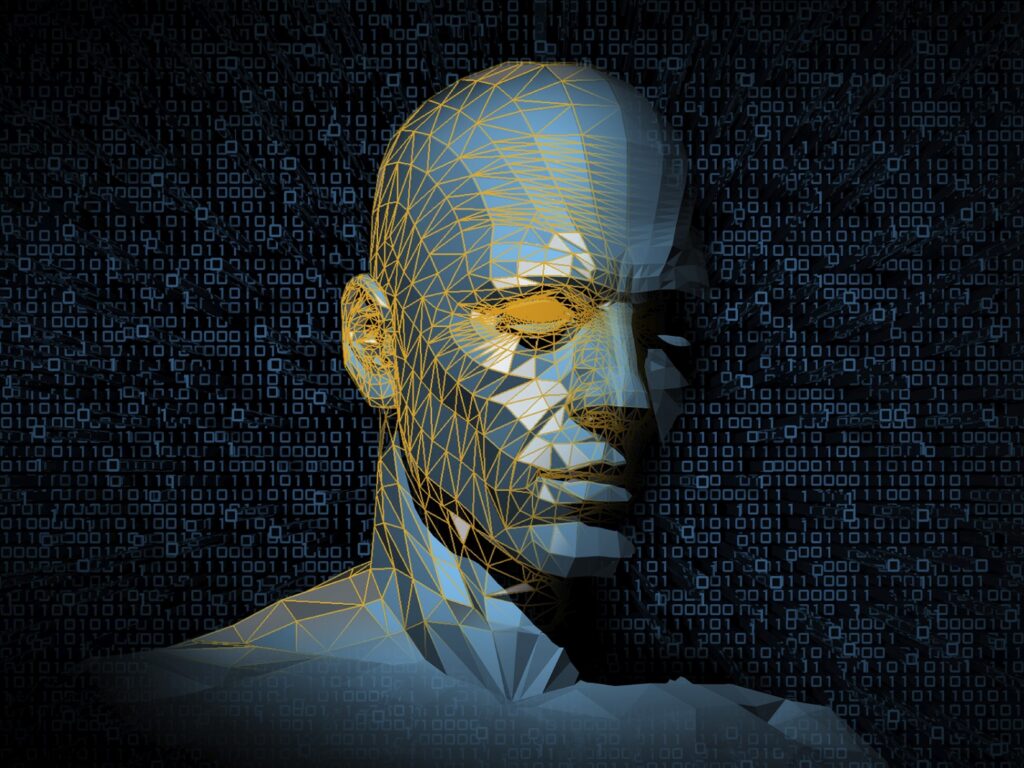Martijn Gribnau is Chief Change Officer of IPsoft, who automate IT and business processes for enterprises across a wide range of industries. Through its portfolio of autonomic and cognitive solutions, it provides services that allow its clients to secure competitive advantage. Martijn is responsible for supporting the company’s goal of being a dominant global technology provider of disruptive technology.
What are the most common misconceptions around the use of AI in the workplace?
The most common concern surrounding the increased use of AI and automation is that workforces will be replaced entirely by robots.
This is not the case. In fact, as AI absorbs repetitive, basic tasks it will make way for a new wave of value-added roles – allowing for more creativity and the potential for increased job satisfaction.
Technology allows us to evolve the roles we fulfil. Take farming. In the 1800s 90% of us were employed by this sector – now it’s only 2%. This begs the questions, what happened to the other 88% of us? The answer is that technology came along and gave us wings. Time and again this has been proven to be true.
Technology progress generates opportunities for new ideas, new business models and completely new jobs that didn’t previously exist.
Give us five new job roles that will be created with the explosion of AI in white collar careers.
New jobs will emerge as entire processes evolve. We can’t predict what all of these will be but what is clear is that a certain range of skills – or current roles – that are becoming increasingly desirable to businesses.
For example, the demand for commercially-savvy data analysts is far outstripping the supply as companies, such as Microsoft and Google, make something of a land grab for them.
Each new technological development creates roles that were previously unheard of a decade before. Look at the Twitter and Facebook revolution – this led to the creation of tens of thousands of social media experts and even entire agencies dedicated to this new business need.
When it comes to HR professionals, the role will fundamentally stay the same as it will still remain focused on recruiting talent, overseeing business needs and encouraging training and personal development.
What will change, however, is the type of training that individuals will need, and that part of the workforce may be artificial intelligence.
What are the key benefits to increased AI in the workplace?
The benefits are three-fold. On one hand, businesses can enjoy increased efficiency, lower costs and fewer risks – as the potential for human error is largely removed.
Equally, workers within the business are freed from the most mundane and repetitive tasks and instead left to more creative, challenging roles – which should decrease staff turnover.
And finally, for consumers, increased use of AI is likely to lead to greater satisfaction with product or services. For example, if calling up your bank went from taking a total of 15 minutes on the phone and being passed between eight representatives, to speaking to just one AI representative for just three minutes, then your overall experience would be far more positive.
What are the potential risks of robots in the workplace?
Just as with any new system or even employee, the overall success is largely driven by management. AI and automation within a company will only be as good as the team looking it and effective planning of the systems needed is paramount.
You can mitigate the risks of transition by educating the workforce early on and really creating a fully integrated environment.
How can we ensure the intersection of AI and humans in the workplace is mutually-beneficial, ethical and sustainable?
Although new technology might seem daunting at first, once we embrace it, it can quickly become a fundamental part of our lives. Early adopters and fast followers will see the greatest benefits, and by the time their competitors catch up, will have been long enjoying cost saving and greater efficiencies.
However, this new technology only truly becomes mutually beneficial when all parties are invested and collaborative. For AI to succeed, the workforce must also be on board as well as senior management.
In what ways will human beings still be ‘better’ than robots in the workplace over the next 50 years?
I think it’s important to remember that humans are the ones that created the concept of robotics and are also consistently improving the technology and functions that it has. This means that although robotics and AI are becoming increasingly intelligent through the ability to learn, so too are the people creating it, and the human race as a whole.
What is important is for us to focus on the tasks that humans are exceptional such as creative thinking and not compete with machines on the tasks we create them to fulfil.






